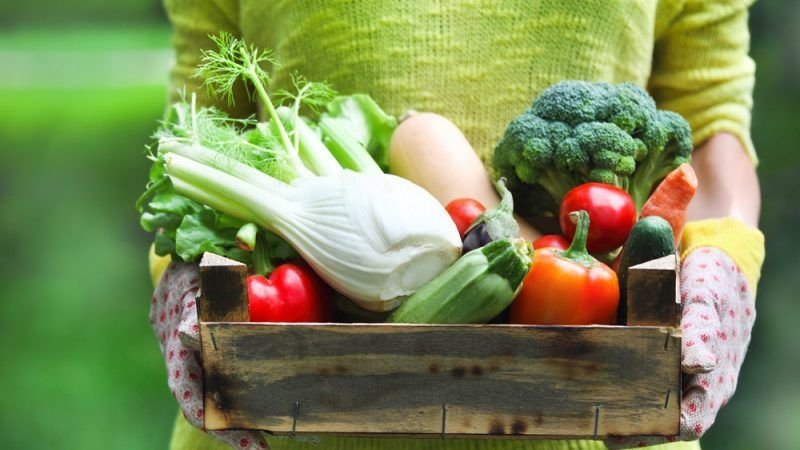Inside BENEO’s new pulse plant: pioneering sustainable protein from faba beans
Covid-19 will likely exacerbate the regions food security challenges in the short term
The PwC report titled “Maintaining food resilience in a time of uncertainty” commissioned by Food Industry Asia (FIA), the regional association representing Asia’s food and beverage (F&B) industry was recently launched and says that collaborative & concerted efforts are required between the food industry and governments to keep supply chains open and minimise disruption of food manufacturing and distribution to ensure the food security of ASEAN communities.
According to the report, with ASEAN already facing food security challenges due to rapid urbanisation and the growth of consuming classes, Covid-19 will likely exacerbate the regions food security challenges in the short term.
The report recommends that food and its broader supply chain are recognised as essential, the protection of the food industry labour force, ensuring borders remain open and that financial assistance is provided to the most vulnerable businesses and consumers, to minimise the impact of Covid-19 on food security in the ASEAN region.
Richard Skinner, Asia Pacific Deals Strategy & Operations Leader, PwC Singapore said, “Our discussions with major global food companies suggest that labour restrictions and supply disruption for inputs are the key challenges that the sector is currently facing in ASEAN. It must be recognised that supply chains remain open and supermarket shelves are generally well-stocked, suggesting that many of the measures put in place by governments and businesses are working well for now. Nevertheless, as the situation develops it will be necessary for stakeholders to broaden and strengthen mitigations, to ensure the region’s food system continues to function effectively.”
With the food industry not only providing essential nutrition to ASEAN populations, but also driving a large share of economic output and employment, the industry continues to be of huge importance to both the health and economic wellbeing of the region. According to the report, the food value chain contributes around US$500 billion of economic output to the region, which is around 17% of ASEAN’s total GDP. Additionally, the industry accounts for around 113 million jobs in ASEAN, or 34% of the total labour force.
The report highlights some of the challenges faced by government lockdowns including labour shortages, the shortages of inputs or raw materials as well as border challenges that can have a short term impact on food supply chains.
Matt Kovac, Executive Director FIA said, “During a lockdown, if governments across the region put in place policies that hinder production across supply chains as well as trade barriers, this could lead to regional food shortages, especially when looking across the world and seeing the continued but unnecessary panic buying behaviour of people in these situations.”
According to the study, positive steps are already being taken, with governments and business across the region helping to support their communities and ensure the supply of good quality food for ASEAN.
Protection of labour supply, financial assistance for small businesses, targeted measures for smallholders, preservation of open borders for goods and social support for consumers are among the measures the reports recommends governments take to protect the supply chain. While, workforce protection, customer and supplier outreach, inventory management and production flexibility are recommended as mitigation steps food business could take to minimise the impact food supply chain issues could have on food security.

